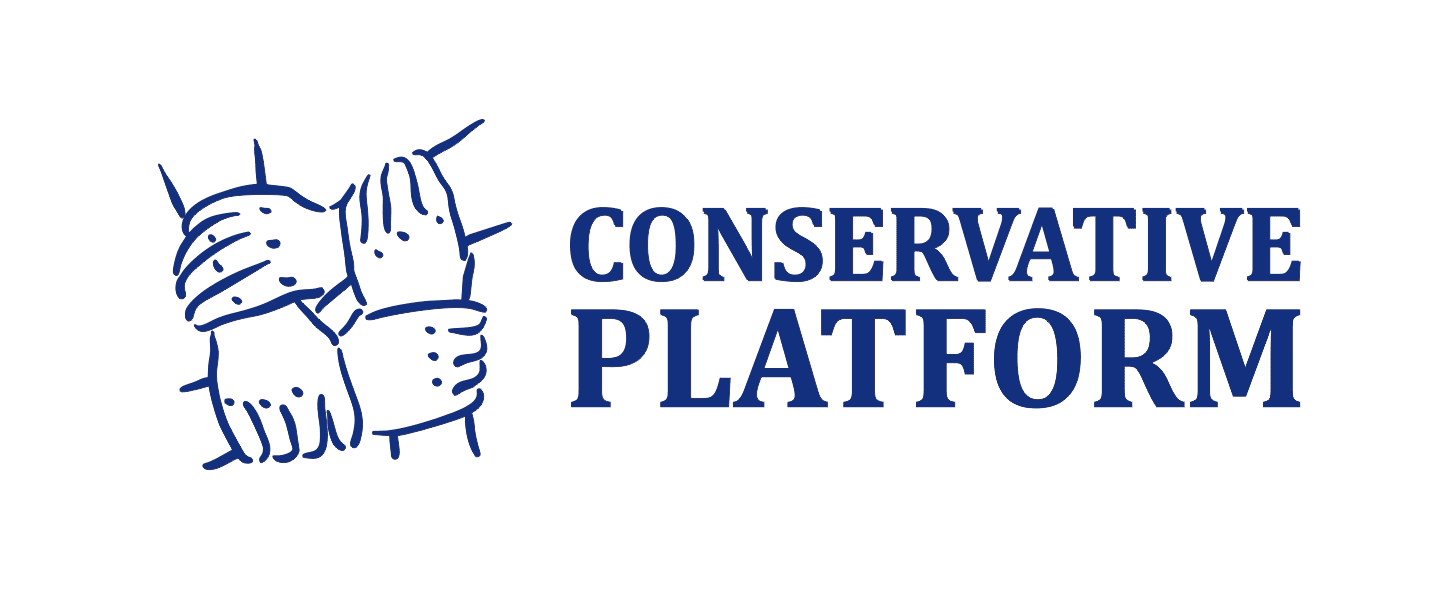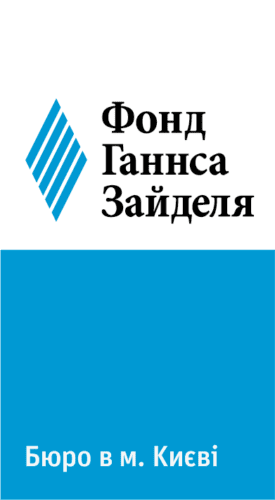There is a time for everything, a time for everything in this life. A time to be born and a time to die, a time to plant and a time to tear up what is planted by the roots. A time to kill and a time to heal, a time to destroy and a time to build
Ecclesiastes 3:1-14
In the midst of war, when every day tests our resilience and unity, we face a profound conflict of perspectives between the front and the rear. But how do we find a balance between these times in the context of a protracted conflict?
For those who look death in the eye on the front line every day, any excuses seem like empty words.
“Never in the history ofhuman conflict has so much been owed by so many to so few. ”
Winston Churchill.
At the same time, for conscious citizens on the home front who support the army and the country with all their might, forceful detention evokes disturbing associations with the past that we want to overcome. Tyranny, like hell, is not conquered easily.
Poor changes to the legislation on mobilization and their ill-conceived implementation have led to a paradoxical situation: the number of mobilized people is growing, but the capacity of the army is falling, and there is no mechanism for demobilization. This is reminiscent of George Orwell’s warning that “All animals are equal, but some animals are more equal than others.” Do we risk losing the democratic values we are fighting for?
Ukraine is different from Russia precisely because of its commitment to democracy. Even in wartime, coercion must be regulated and normalized. As Churchill aptly noted, “Democracy is the worst form of government, except for all others.” But will our democracy stand the test of war?
The hypothetical scenario of a dictatorship in Ukraine is hampered by the lack of a charismatic leader with absolute authority and the risk of a coup d’état. “Power corrupts, absolute power corrupts absolutely.” Are we ready to risk everything we have fought for for the sake of the illusion of a “strong hand”?
Public conflicts between the military and civilians can lead to a deep split in society, a decline in the legitimacy of the military, and acts of disobedience. “Violence begets violence, hatred begets hatred.”
Do we risk losing the unity that makes us strong in the face of the aggressor?
Calling for the use of weapons against civilians in irregular situations is a dangerous path. “Those who fight monsters should beware of becoming monsters themselves.” Don’t we risk turning into the very thing we are fighting against when we fight an external enemy?
In seeking a balance between military needs and democratic values, we must be careful about making simple decisions and always consider the long-term consequences of our actions.
What should be done? Perhaps the first thing to remember is that there is a law. The actions of the recruitment centers are strictly limited by it. And if the state does not want its less influential citizens to sabotage it, it must moderate the situation. To begin with, it should start punishing flagrant cases of abuse of power by recruitment centers. Does it punish? No, it doesn’t. The Ombudsman says there is no proper movement in that direction.
Vitaliy Rudenkyi, analyst, lecturer at the Ukrainian Catholic University
After all, our struggle is not just about territory or resources. It is a struggle for values, for the right to be free people in a free country. Because only together, while maintaining our humanity and loyalty to democratic ideals, will we be able to withstand this challenge and build the Ukraine we dream of.




